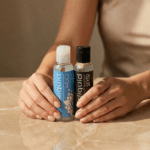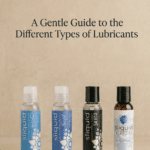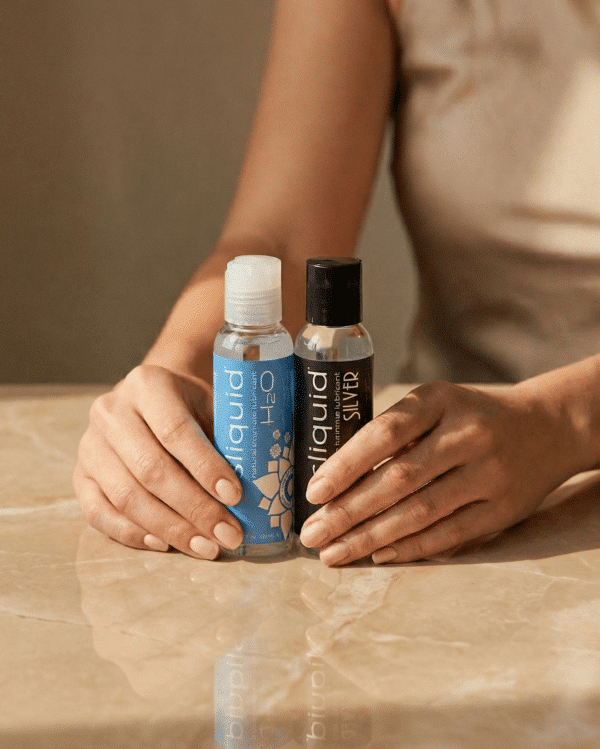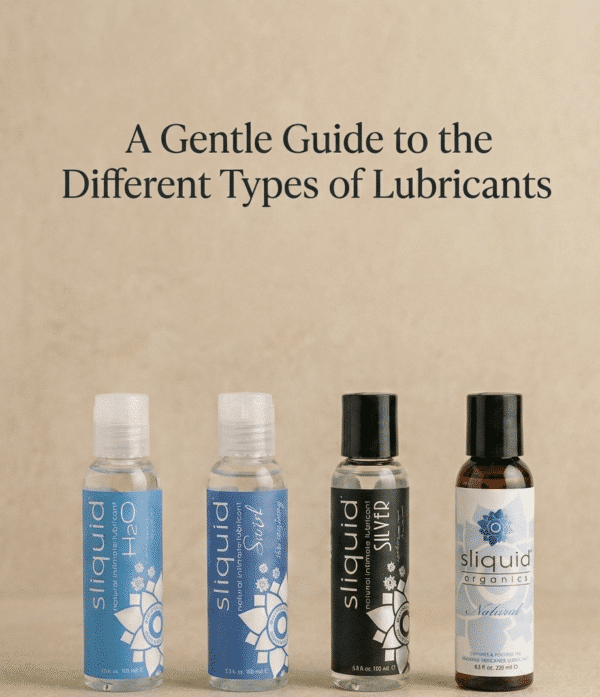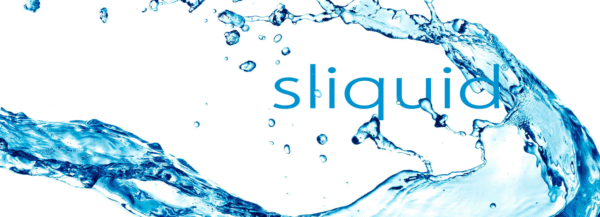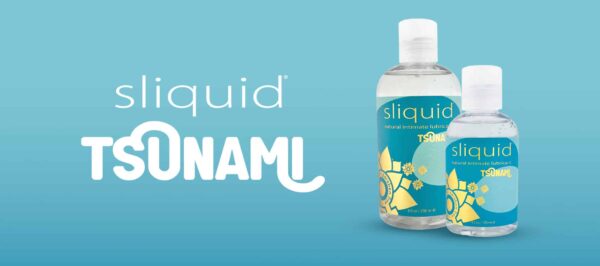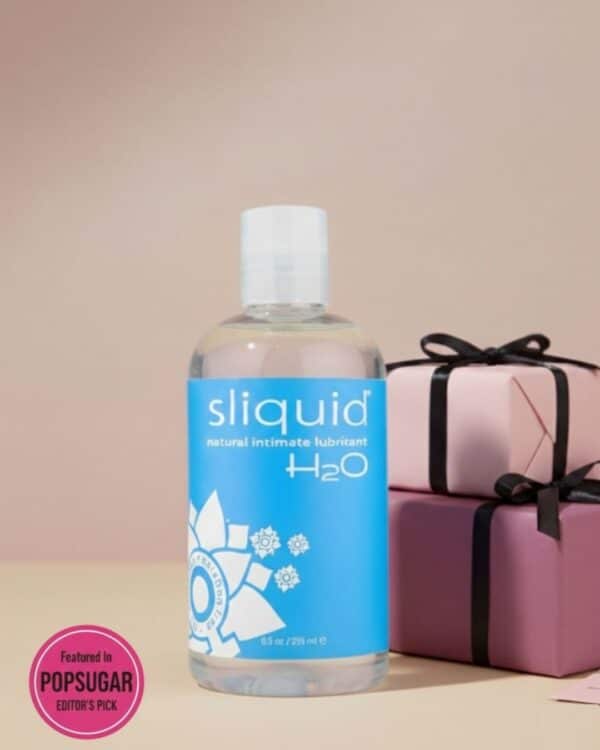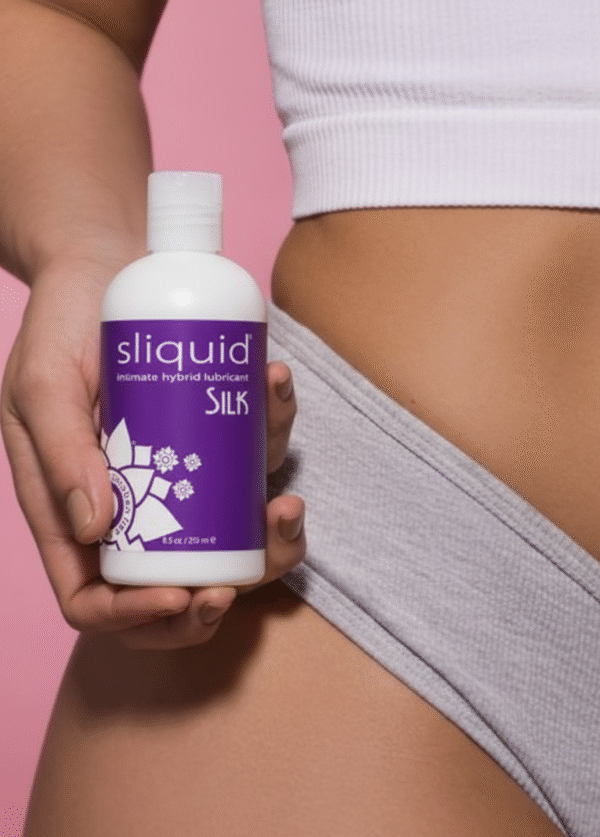Naturally Healthy Skin – Personal Lubricant Dangers & STI’s – Part 2
Osmolality and Skin Damage from Personal Lubricants
Osmolality appears to be a key factor in regards to the damaging effects of personal lubricants, with higher osmolalities associated with increased susceptibility to infection. As an example, K-Y Warming Jelly has an osmolality thirty times that of the body’s own lubricant and was found to increase transmission of herpes ninefold in the rodents tested compared to unlubricated controls.
Lubricants Damage Epithelial Cells
The cause of such increases may simply be due to epithelial cell damage resulting from changes in the constituents of cells lining the vagina and rectum. Cells are constantly trying to maintain a balance between water, sugar, salts, and proteins and a high osmolality personal lubricant may cause the cells to release water to try to dilute the concentration outside the cells, triggering dehydration of the cells and even their death and sloughing off of cells. Over time, repeated applications of such lubricants could significantly affect the cells lining the vagina and rectum, weakening the defence against infection.
Skin Cell Shedding with Lubricants
Many personal lubricants are based originally on skin creams that include glycerin and propylene glycol in order to slow evaporation and prevent skin cooling from more water-based products. The problem is that the cells in the skin on the face or on the arms are very different to those found in the vagina or rectum. Major shedding of cells from the rectum (in humans) was observed just 60-90 minutes after application of ID Glide, a hyperosmolar lubricant similar to Astroglide and K-Y Jelly. The ethical constraints of testing STI transmission risks on humans means that the search for safe lubricants is now involving monkeys and other animals, alongside cultured human tissues exposed to these products and their components.
Better Personal Lubricants
Preliminary findings appear to support the use of personal lubricants with an osmolality closer to that of the body’s own sexual fluids, such as Sliquid and Good Clean Love’s personal lubricant range. These types of lubricants are based on agar and do not seem to damage tissue samples tested in the laboratory, nor do they appear to increase HIV transmission rates.
Read the rest of the article and view references at:
Naturally Healthy Skins Blog



